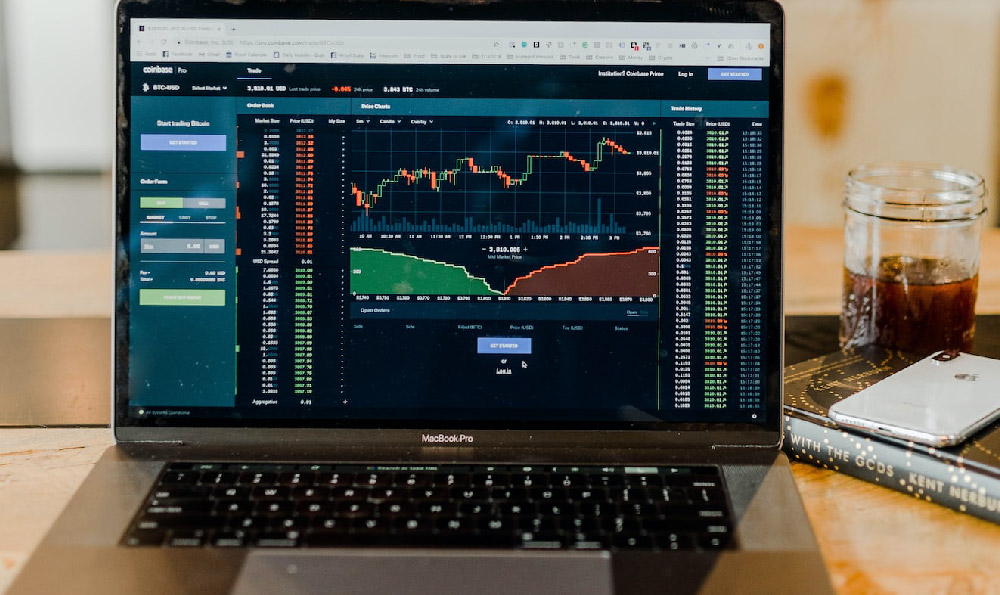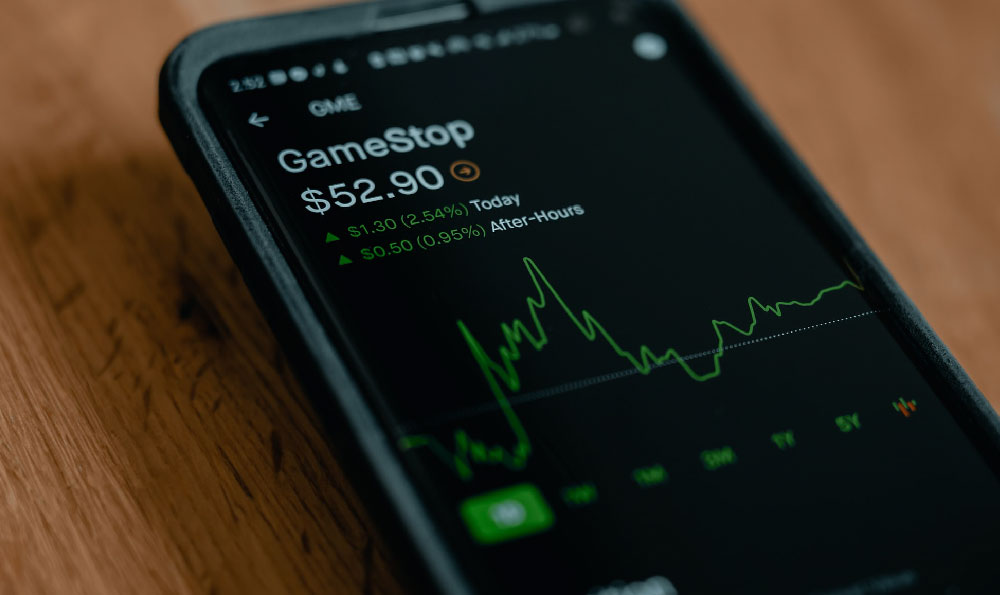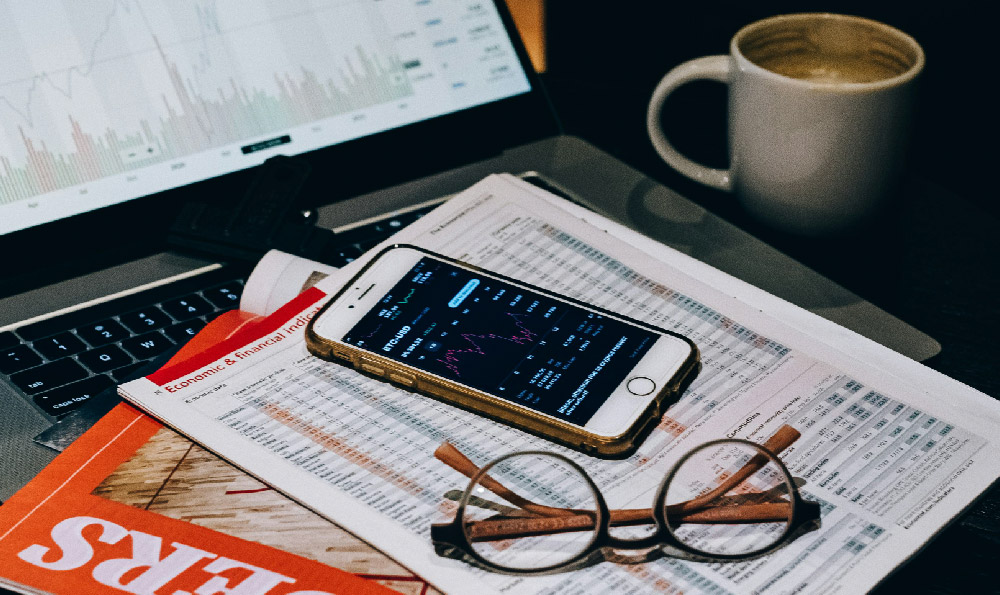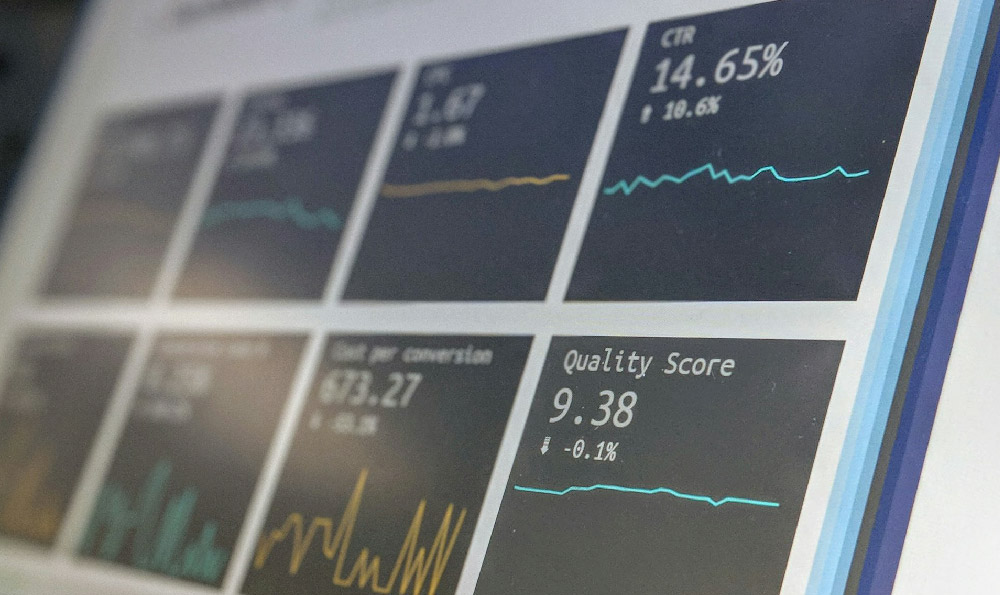How Does Dubai Make Money, and What Are Its Sources?
Dubai's economic success is a fascinating story of transformation, a journey from a pearl-diving outpost to a global hub for trade, tourism, and finance. The common perception might be solely focused on oil, but the reality is far more nuanced. Dubai's diversification strategy, implemented decades ago, has significantly reduced its reliance on hydrocarbons, building a robust and resilient economy that thrives on a variety of income streams. Understanding these sources is crucial to appreciating Dubai's remarkable rise.
One of the cornerstones of Dubai's economy is its strategic location. Situated at the crossroads of Europe, Asia, and Africa, Dubai has leveraged its geography to become a major re-export center. Jebel Ali Port, one of the world's largest and busiest ports, plays a pivotal role in this. Goods are imported into Dubai, often processed or repackaged, and then re-exported to other countries. This re-export activity generates substantial revenue through port fees, warehousing charges, and the value added through processing and packaging. The establishment of numerous free zones, offering tax breaks and streamlined regulations, has further fueled this trade activity, attracting businesses from around the globe to use Dubai as a distribution hub. These free zones cater to a wide range of industries, from manufacturing and logistics to technology and media, further diversifying the economy and reducing dependence on any single sector.
Tourism is another significant contributor to Dubai's wealth. The city has invested heavily in developing world-class infrastructure, including luxury hotels, theme parks, shopping malls, and iconic landmarks like the Burj Khalifa and the Dubai Mall. These attractions draw millions of tourists each year, generating revenue for the hospitality sector, retail businesses, and transportation services. Beyond the glitz and glamour, Dubai has also focused on developing cultural tourism, showcasing its heritage and traditions through museums, historical sites, and cultural events. This diversification of tourism offerings ensures that Dubai appeals to a broader range of travelers, further enhancing its attractiveness as a destination. The success of Dubai's tourism industry is also attributed to its proactive marketing efforts, promoting the city as a safe, modern, and exciting destination for leisure and business travelers alike.

Real estate has long been a significant driver of Dubai's economy, although it has also experienced periods of volatility. The construction boom, fueled by foreign investment and a growing population, has created a thriving real estate market. The development of residential and commercial properties generates revenue for developers, construction companies, and real estate agents. The property market also attracts foreign investors, who purchase properties for investment or personal use. However, the real estate sector is susceptible to economic fluctuations, and oversupply can lead to price corrections. The Dubai government has implemented measures to regulate the real estate market and prevent speculative bubbles, ensuring its long-term stability. Moreover, the focus is shifting towards sustainable development and creating communities that offer a high quality of life, further enhancing the attractiveness of Dubai's real estate sector.
Financial services are increasingly important to Dubai's economy. The Dubai International Financial Centre (DIFC) is a leading financial hub in the Middle East, attracting banks, investment firms, and insurance companies from around the world. The DIFC offers a favorable regulatory environment and a world-class infrastructure, making it an attractive location for financial institutions to conduct business. The financial services sector generates revenue through fees, commissions, and investment returns. It also plays a crucial role in facilitating trade and investment flows, supporting the growth of other sectors in the economy. Dubai's ambition is to become a global financial center, rivaling established hubs like London and New York, and it is investing heavily in developing its financial infrastructure and attracting talent to achieve this goal.
Although oil production is significantly less than in other Gulf states, it still contributes to Dubai's revenue. However, the government has consciously reduced its reliance on oil revenues, reinvesting profits into diversifying the economy and developing other sectors. Oil revenue provides a stable source of income that can be used to fund infrastructure projects and support economic development. The focus is on optimizing oil production and exploring new energy sources, including renewable energy, to ensure long-term energy security. Dubai's commitment to sustainability is reflected in its investments in solar power and other renewable energy technologies.
Beyond these major sectors, Dubai is also investing in emerging industries, such as technology and innovation. The government is actively promoting the development of a knowledge-based economy, attracting startups and technology companies to the city. Initiatives like Dubai Silicon Oasis and the Area 2071 aim to create a supportive ecosystem for innovation and entrepreneurship. These initiatives provide funding, mentorship, and access to resources for startups, helping them to develop and grow. Dubai's ambition is to become a leading hub for technology and innovation in the region, attracting talent and investment from around the world.
In conclusion, Dubai's economic success is a result of a long-term strategy of diversification and investment in infrastructure, tourism, real estate, financial services, and emerging industries. While oil continues to play a role, it is no longer the dominant source of revenue. Dubai's strategic location, favorable business environment, and proactive government policies have made it a global hub for trade, tourism, and finance. The city's commitment to innovation and sustainability will ensure its continued economic growth and prosperity in the future. Dubai’s strength lies in its adaptability and its willingness to embrace change, making it a compelling case study in economic transformation.















